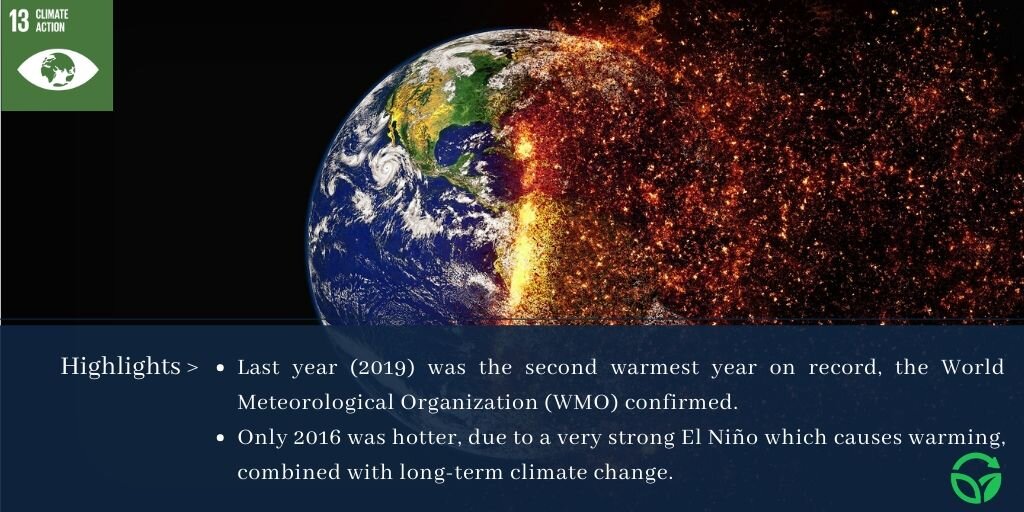More frequent and intense rainfall events due to climate change could cause more landslides in the High Mountain Asia region of China, Tibet and Nepal, according to the first quantitative study of the link between precipitation and landslides in the region.
High Mountain Asia stores more fresh water in its snow and glaciers than any place on Earth outside the poles, and more than a billion people rely on it for drinking and irrigation. The study team used satellite estimates and modeled precipitation data to project how changing rainfall patterns in the region might affect landslide frequency.




